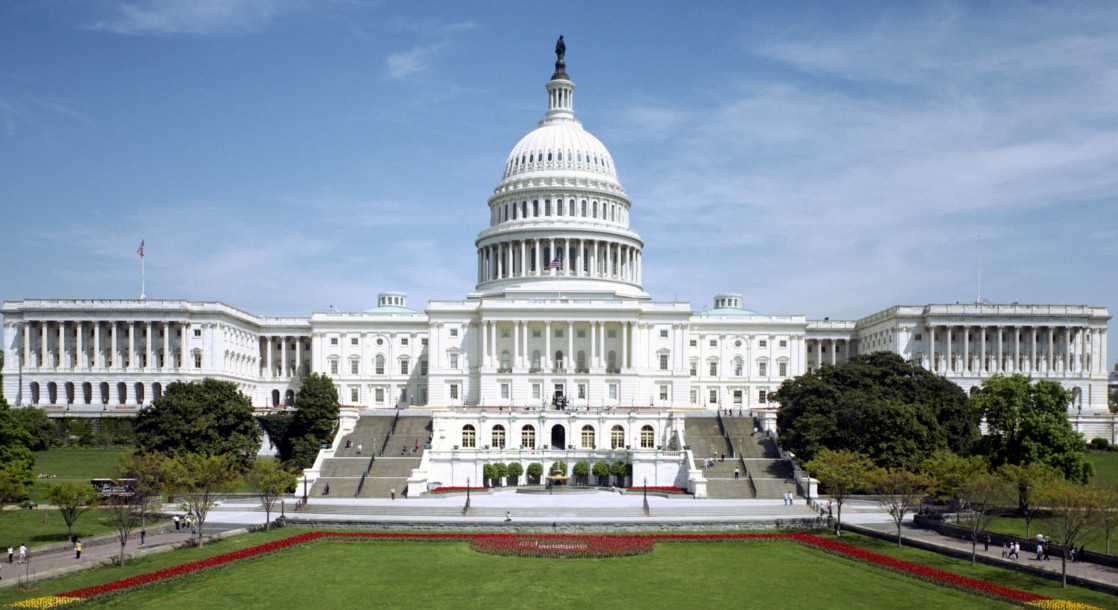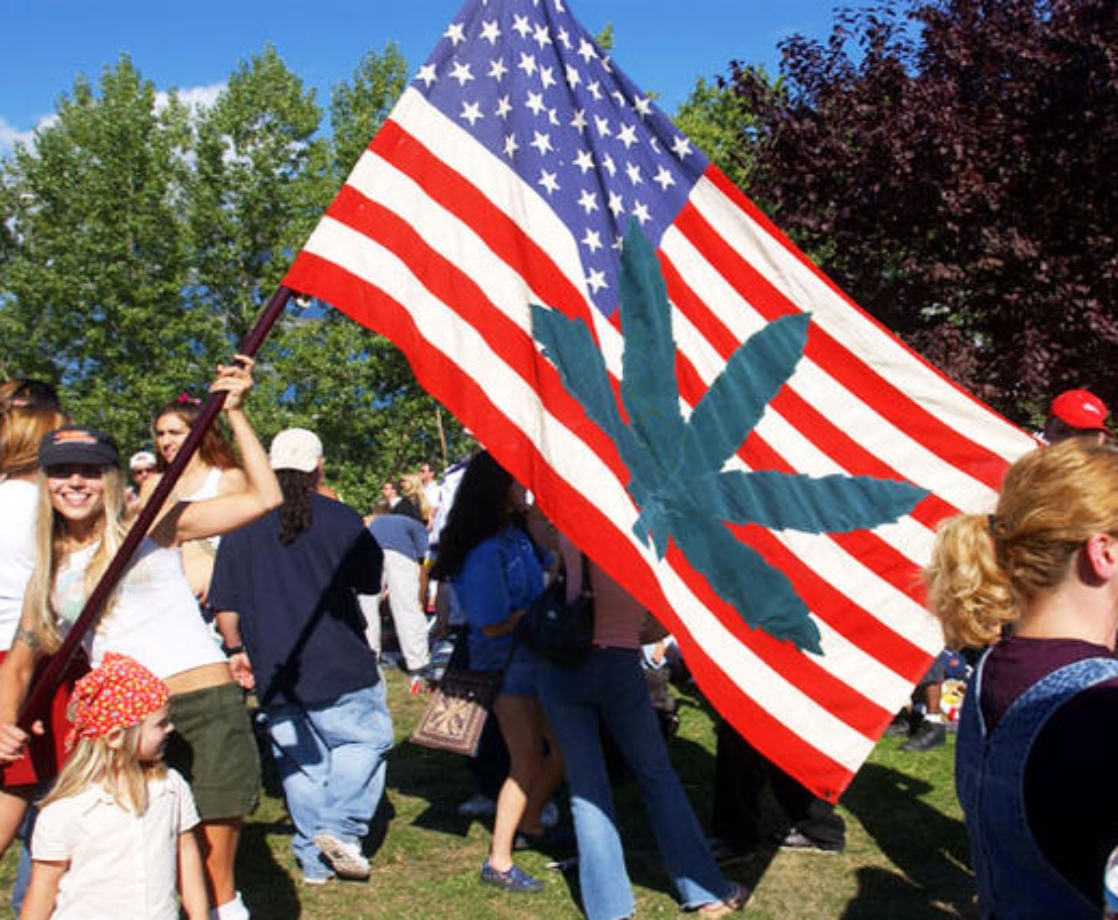With 28 total states (along with the District of Columbia) deciding to legalize recreational or medical marijuana, the once-taboo cannabis industry can no longer be ignored. In fact, the movement would likely move at a faster pace if it weren’t for lobbyists from alcohol and big pharma pulling out all the stops (and cash) to keep cannabis as legally suppressed as possible to protect their own interests.
The cannabis industry is now working to build their own front on Capitol Hill. As legalization continues to spread, the number of marijuana lobbyists has drastically increased as well. According to Entrepreneur, the National Cannabis Industry Association (NCIA) has grown from 118 members in 2013 to over 800 today.
From May 16 to 17, this influential and growing group will host the Cannabis Industry Lobby Days event. Sponsored by the NCIA, lobbyists will use the two days to speak with members of Congress about updating federal marijuana laws.
Not only do cannabis lobbyists plan to increase support for reclassifying the plant from a Schedule 1 drug, they will also aim to discuss creating financial rules that would allow cannabis businesses to utilize proper banking services.
It’s important to note that these cannabis lobbyists are far from your everyday stoner-turned-activist. In fact, many of them are former government officials who currently run cannabis consulting firms that advise both businesses and local municipalities on state regulations.
“With victories in eight states across the country during the 2016 presidential election, as well as the challenges ahead of us as we see a new administration come in to the White House, fixing federal policies is more critical than ever. Our team in Washington, D.C., works every day to make the industry’s voice heard, but nothing matches the power of a personal story personally told,” the NCIA states on their website.
If you happen to be wondering what impact these lobbyists have outside of financial influence, just take a quick look at the recent happenings in Texas. Marijuana lobbyists in the Lone Star State organized a rally last month, bringing veterans together in Austin to advocate for treating post-traumatic stress disorder with cannabis. The organization also delivered a letter signed by 1,400 veterans asking Texas Gov. Greg Abbott to support legalized medical marijuana.
The growing number of lobbyists and public support for cannabis in Texas seems to be correlated, and a similar trend in is taking place all across the country. By forming a coalition of pro-marijuana lobbyists and other government-oriented organizations, politicians have no choice but to acknowledge the booming industry— and finally pick a side.











